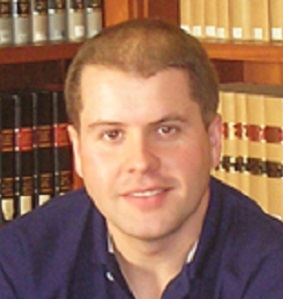The three judges ruled that the conviction was unsafe because the trial judge, Mr Justice Nicol, had given an inadequate direction to the jury. The jurors had not been given enough help to decide whether the negligence that Sellu was accused of was “gross”—in other words, so bad as to amount to a crime. The expert witnesses for the prosecution had opined on several occasions that a particular failure or delay constituted gross negligence, but that was precisely the question the jury had to decide—the “ultimate issue,” as lawyers call it. Nicol had not made it clear enough to the jury that they did not have to take the experts’ word for it. It was for the jury to weigh up those opinions along with all the other evidence and decide the issue for themselves.
One problem identified by the Law Commission in its 1996 paper on homicide is that the test for deciding guilt is circular. The jury must be directed to convict the doctor of a crime if they think his or her conduct is criminal. But because juries don’t give reasons for their decisions “it is impossible to tell what criteria will be applied in a particular case,” the commission noted. “This must lead to uncertainty in the law. The CPS has told us that prosecutors find it difficult to judge when to bring a prosecution, defendants have difficulty in deciding how to plead, and there is a danger that juries may bring in inconsistent verdicts on broadly similar evidence.” The Law Commission looked at manslaughter again in 2006, but the law remained unchanged.
In a 1996 appeal by John Adomako, an anaesthetist convicted of manslaughter after failing to notice that his patient’s endotracheal tube had become dislodged, the UK’s then highest court, the House of Lords, rejected an argument that the test for manslaughter should be recklessness, rather than gross negligence. In a 2004 case the Court of Appeal again declined to change the test.
Interviewed for the article, Dr. Quick, who has published several papers on medical manslaughter, commented;
My view is that it would be more appropriate to raise the bar to recklessness...You would reduce the risk of weak cases being prosecuted in the first place and it might be easier to understand for the jury... David Sellu should never have been sent to prison in my eyes.
